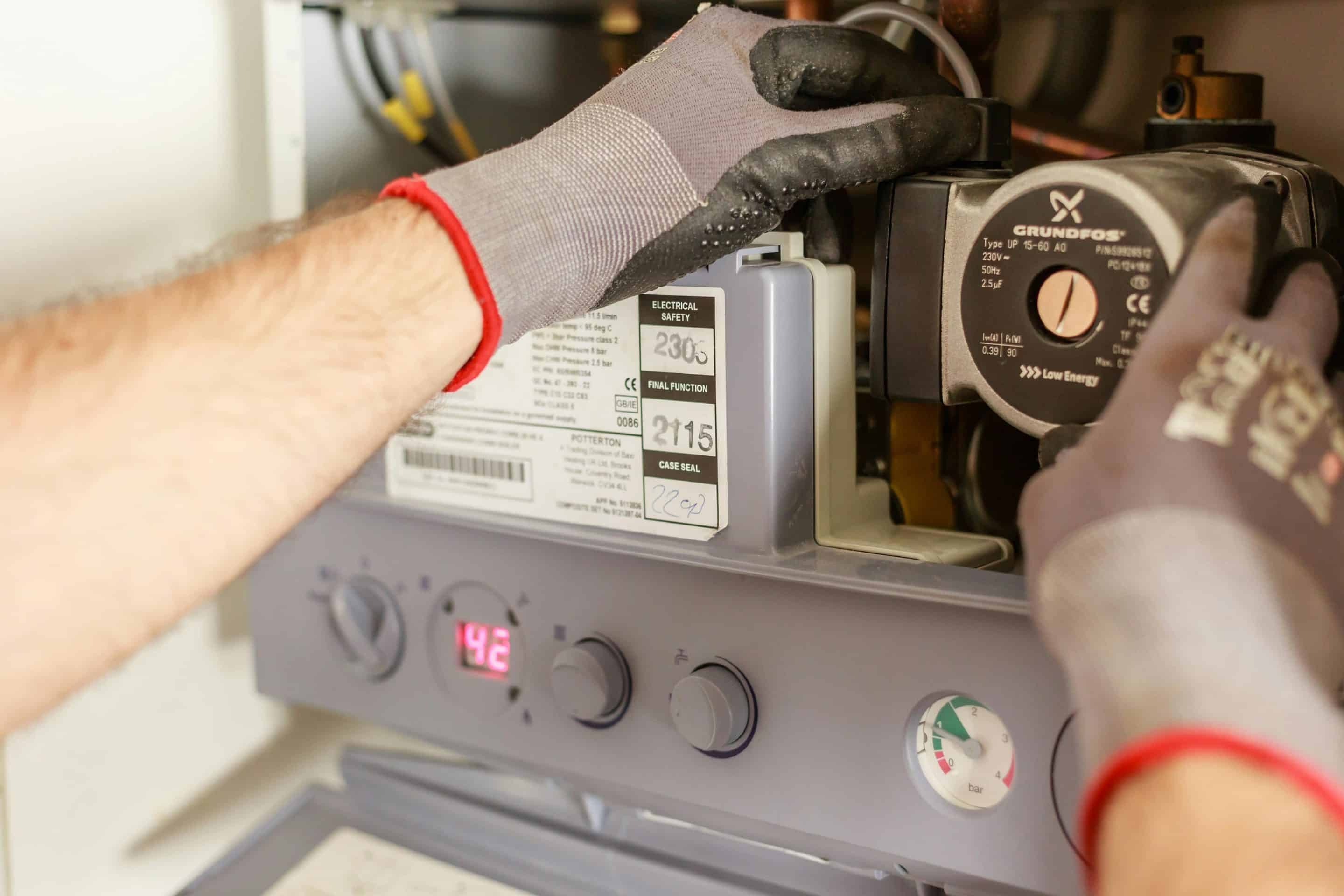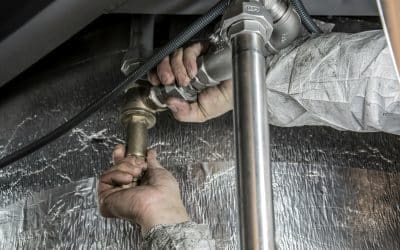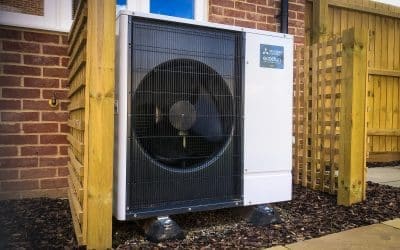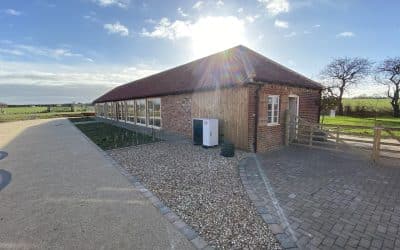Today, more people are turning to eco-friendly and cheaper ways to help save the environment. For this specific reason, Biomass Boilers are becoming more popular. However, installing a biomass boiler offers both advantages and challenges that require careful consideration.
What is a Biomass Boiler?
Biomass Boilers are like conventional boilers used as a modern, eco-friendly energy source which burns different plant materials, like compressed sawdust and agricultural waste, to generate heat and electricity. They are a great renewable energy alternative that reduces our reliance on non-renewable fuels and decreases our greenhouse gas emissions significantly. Biomass Boilers are known to be highly efficient and adaptable, making them suitable for residential, commercial, and industrial thermal applications.
Benefits of Biomass Boiler Installation
As an effective alternative, biomass boilers certainly offer various important advantages, making them an appealing choice for sustainable heating. Here are some of the benefits we can enjoy by using biomass boilers.
• Offers a renewable source of energy
Biomass boilers utilise renewable energy by combusting organic materials that replenish like wood pellets, chips, and other agricultural remnants. Converting biomass into warmth sustains a manageable energy cycle, lowering our reliance on nonrenewable sources like oil, gas, and coal.
• Provides an economical option
These boilers provide a more affordable alternative by decreasing fuel expenses in the long run. The products used in these boilers are typically cheaper than regular fossil fuels such as oil and coal. Regardless of a higher initial investment, the lower cost of biomass fuels and potential savings on energy bills make biomass boilers a cost-effective choice for long-term heating solutions.
• Delivers high efficiency
Biomass boilers can deliver remarkable efficiency through skillfully transforming a huge share of biomass fuel into usable energy. These systems are engineered with advanced combustion mechanisms that make sure the biomass input is thoroughly used to minimise waste and maximise energy output.
Disadvantages of Biomass Boiler
While it offers a great number of benefits, biomass boilers also have their challenges.
• Requires proper maintenance
Biomass boilers require diligent maintenance to address ash build-up and guarantee consistent functionality. The materials burned in these boilers can generate ash and residue that must be managed to prevent blockages which might hinder productivity. Regular checking of the fuel supply system and combustion components is important to avoid any operational issues and ensure longevity.
• High upfront cost
Although biomass boilers undoubtedly demand substantial upfront expenses, their high costs stem primarily from the price of acquiring and establishing the units themselves. Other expenses involve developing or modifying storage for biomass fuels such as wood pellets and chips.
• Spacious
Biomass boilers require substantial room due to the sizable fuel storage for materials like wood pellets or chips, which necessitate retaining dryness and accessibility. Apart from that, the mechanism regularly needs an isolated zone for new fuels and discarding ashes. All of these things necessitate a greater space inside your house.
J L Philips, Your Trusted Biomass Boiler Installer
We believe that renewable energy is crucial for ensuring a sustainable future! Here at J L Philips, we follow 3 easy steps to choose the right renewable heating system perfect for your home or business. We will start with a property survey, product installation, and product maintenance to ensure that you will enjoy the full benefits of these systems. We have over 10 years of experience in the renewable energy industry and the heating and plumbing sector. We only offer the best solutions for every project that comes into our hands. Surely, we are your partner in upgrading your home today!
So, what are you waiting for? Get in touch to learn more about us and our service offerings.





